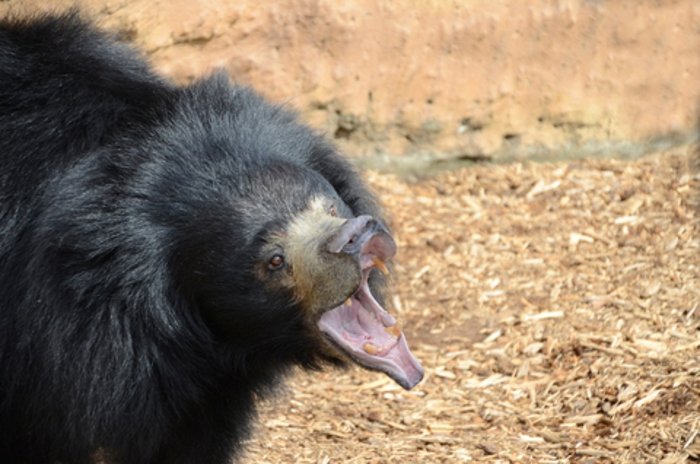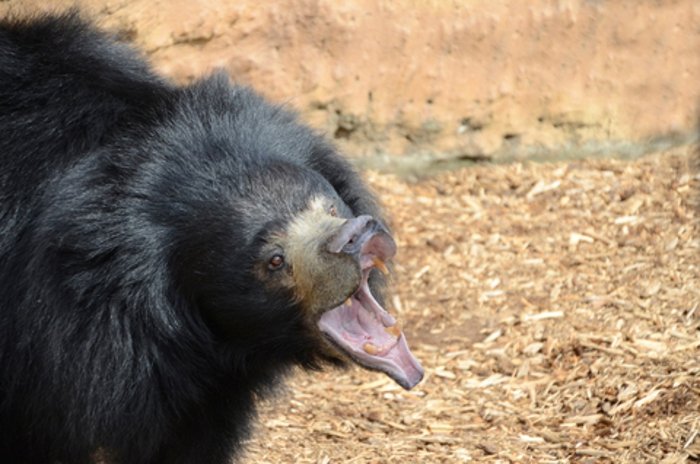
Most bowhunters that have had success with deer and elk eventually muster up the courage to go after a bear. And while killing any animal with a bow is challenging and exciting, you can’t imagine what it’s like when you finally draw down on a big boar or bruin.
If you live in a state where baiting is illegal and you don’t have a cozy tree stand to hide in, there are a couple of critical things you need to know if you’re going to get nose to nose with a bear.
We see it all the time on our favorite hunting shows. There’s a hunter in a nice comfortable tree stand overlooking his bait barrel. He sips a cup of coffee from his thermos and waits until he sees one big enough to shoot. Then he nonchalantly takes the shot and has another cup of coffee while he waits for the bear to run off and bleed out. Sounds like a relaxing morning.
Here in the Sierras of Northern California, it’s a bit different. If you want a bear, you have to go deep into his turf to locate him and when you do, there’s nowhere to hide if you don’t make a good shot. One of my favorite videos shows what can happen when you take a sketchy shot. This guy is lucky he didn’t get himself or his camera guy killed. Clearly, this guy got a little bit too excited and I know what that’s like. If you want to avoid an injured bear or an attack, you better be sure of your shot.
First of all, never take a shot from behind no matter what. You will end up with a wounded, suffering bear that you’ll never find. Secondly, avoid a frontal shot. There is way too much muscle and bone to penetrate and you’re likely to get charged or end up with the first scenario.
It’s important to know that bear and deer are not anatomically the same. One of the most important shots is one that will pass through both lungs. A good kill shot on a deer is right behind the shoulder lower than the center of the body. Bears however, have lungs that sit slightly farther back from the shoulders and shoulders that sit slightly farther forward.
In simple terms, you want to place your shot slightly back from the shoulder and in the middle of the chest if you want to get a quick kill shot on a bear. Ethically, most good bowhunters would never take a shot other than broadside or quartering away. It’s not worth wounding the bear or yourself. Proper spot and stalk techniques will get you in the right position. Patience is a big factor that will pay off greatly when bowhunting for bears.
One other thing is the use of mechanical broad heads. Unless you are using a bow over 65 pounds, you will have far greater success using a good fixed blade broadhead. I like the Stinger broadheads by Magnus, but many pros insist on the Wasp fixed blade broadheads. Either way, you can’t go wrong. I’ve also found that I have a better pattern with a fixed blade broadhead and accuracy is very important when you’re going after bear.
Some guys insist on using heavy poundage bows but it’s not necessary and may actually result in a less accurate shot. 50 to 55 pounds will do the trick every time no matter what you hear. The legendary Fred Bear could kill any bear with his 35 pounder because he knew that the most important element of all is shot placement. I think I’ll stick with old Fred’s advise.








